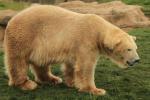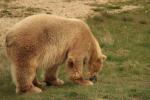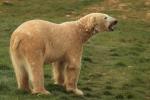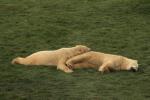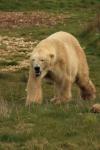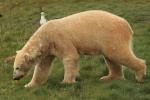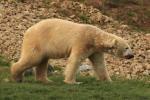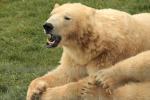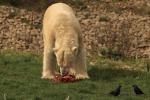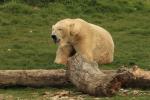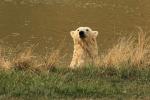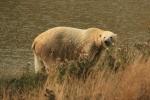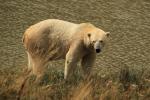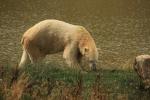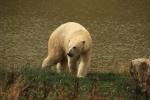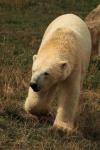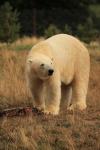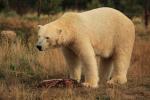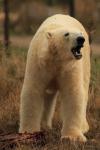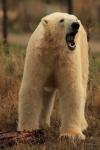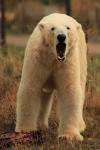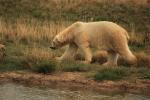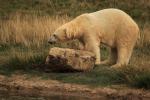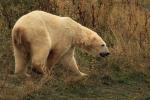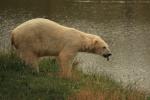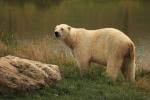Polar Bears YWP
Polar bears were first introduced to the Yorkshire Wildlife Park in August 2014 with the arrival of Victor. Weighing in at 500kg Victor is the oldest Polar bear currently in the Park. Polar bears are the world’s largest land carnivore and use their native Artic Sea ice as a base to hunt seals. Unfortunately they are designated as being vulnerable and one of the main reasons for this is their loss of habitat due to climate change and the loss of the ice caps in the Artic circle.
In conjunction with the Yorkshire Wildlife Park Foundation and Polar Bears International the Wildlife Park has established an innovative habitat for polar bears and a programme for their conservation and welfare. Under the heading of ‘Project Polar’ it is also a centre for research to help bears in the wild and in other zoos around the world.
Here at the wildlife park Victor has retired from the breeding programme after siring 10 cubs, his grandson Pixel who arrived at the park on the 25th of March 2015 from Holland, Nissan who arrived all the way from Moscow on the 13th of October 2015 and YWP’s latest arrival, Nobby arrived from Munich on the 18th of February 2016. Their new compound covers an area of 10 acres and features several lakes, the largest one covers an area of 6,500 square metres, the bears as they do in the wild, enjoy swimming, diving and playing in the water.
Their current habitat of grass, herbs, shrubs and heathers reflects the conditions of an Arctic tundra where the temperature can reach 26C and the bears spend upto seven months of the year on ground like this.
Working with YWPF, YWP is a partner in the development of an international centre for the conservation and rehabilitation of polar bears both in captivity and in the wild. The work will include the rescue of bears from substandard conditions around the world and working on improving polar bear welfare in zoos and parks. Working with Polar Bears International, Project Polar will work to support the conservation and welfare of wild bears.
Having seen the Polar bears many times over the past few years they certainly seem content and have settled into their new surroundings well.
|

